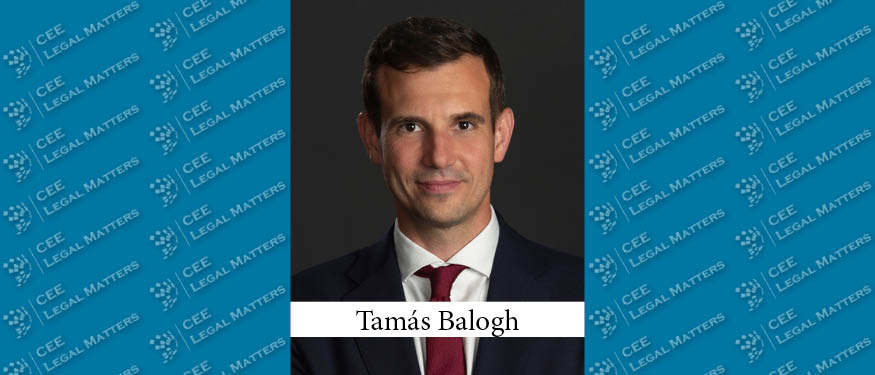According to Andrzej Posniak, Partner at CMS, although implementing the GDPR is keeping everyone busy, several pending tax regulation updates pose the biggest challenge to businesses and lawyers.
"Yes, there’s been a huge boom in work around GDPR compliance over the last year," reports Posniak. "And we’ll likely see that surge in work continue well into next year, if not beyond." Everyone is still fine-tuning their processes, in what Posniak describes as a "never-ending story."
Looking into 2019, Posniak believes that compliance, both with and beyond the GDPR, will generate considerable work on the Polish market, due to EU regulations and numerous legal acts processed by the local authorities. In his view, the Polish tax regulation updates expected to be introduced on January 1, 2019, will "have a very significant impact on Polish businesses and even individuals."
The most important changes will come with the Tax Ordinance Act, which includes hundreds of changes that needs to be considered by businesses in Poland. According to Posniak, particular attention should be paid to new definitions related to tax avoidance. “Much regulation in this area has been rewritten and is designed to be a lot broader in scope than before — there are more catch-all clauses,” he explains, pointing to the new requirements to report on tax schemes resulting from the new GAAR.
Specifically, Posniak says, "If a transaction does not necessarily aim to avoid tax but brings tax benefits, it will now be viewed as a tax scheme." Furthermore, those who advise on or are themselves taxpayers engaged in such transactions will now be obliged to report the details to the tax authorities. It is unclear at this point how this will work in practice and how the huge proposed database will function, but, he says, the reaction on the ground is "one of concern."
"Similar regulations are in place in the US, the UK, and Canada," he says. "However, it is a totally new idea for the Polish tax system, and we will need to adapt to the new tax environment. There will be a lot more red tape to go through. In addition, we’ll be forced to create processes to identify what might amount to a tax scheme internally and then report it to the authorities — and this is definitely not helped by the lack of clarity as to what will amount to a tax scheme." Posniak also points out that businesses are concerned about having to disclose potentially sensitive information on their deals.
Posniak mentions another ramification that will directly impact lawyers: Will their new duty to disclose tax schemes to the authorities clash with their duty of confidentiality towards clients? There are already statutory regulations that provide exceptions to the duty of confidentiality, and the proposed tax updates seem likely to add the responsibility to disclose tax schemes to that list. "It will, of course, mean that the bar association bylaws may need to be updated," he adds.
Looking at the market as a whole, Posniak describes busy times in Poland. "The market is definitely booming, especially in real estate," he says, "but also in M&A. We’ve seen solid growth in M&A this year with the number of announced transactions higher than in 2017. We also see constant interest in FDI – valued at EUR 1.2 billion in Q1-Q3 2018 – which keeps us busy locally. In general, one of the lessons to be learnt from the last three years is that, despite political and legal changes, investors are willing to invest and do deals as soon as the outlook becomes more predictable."


















